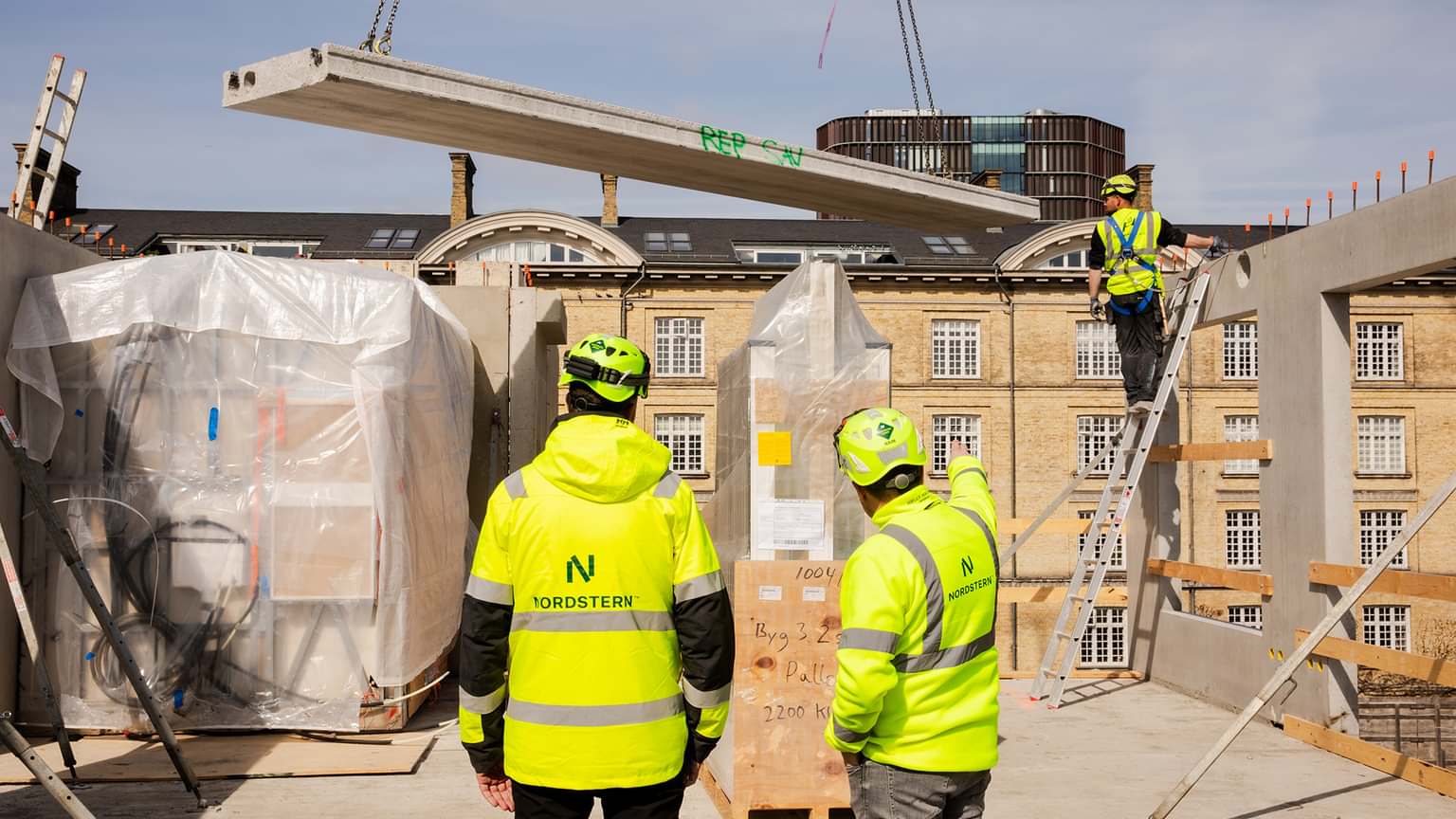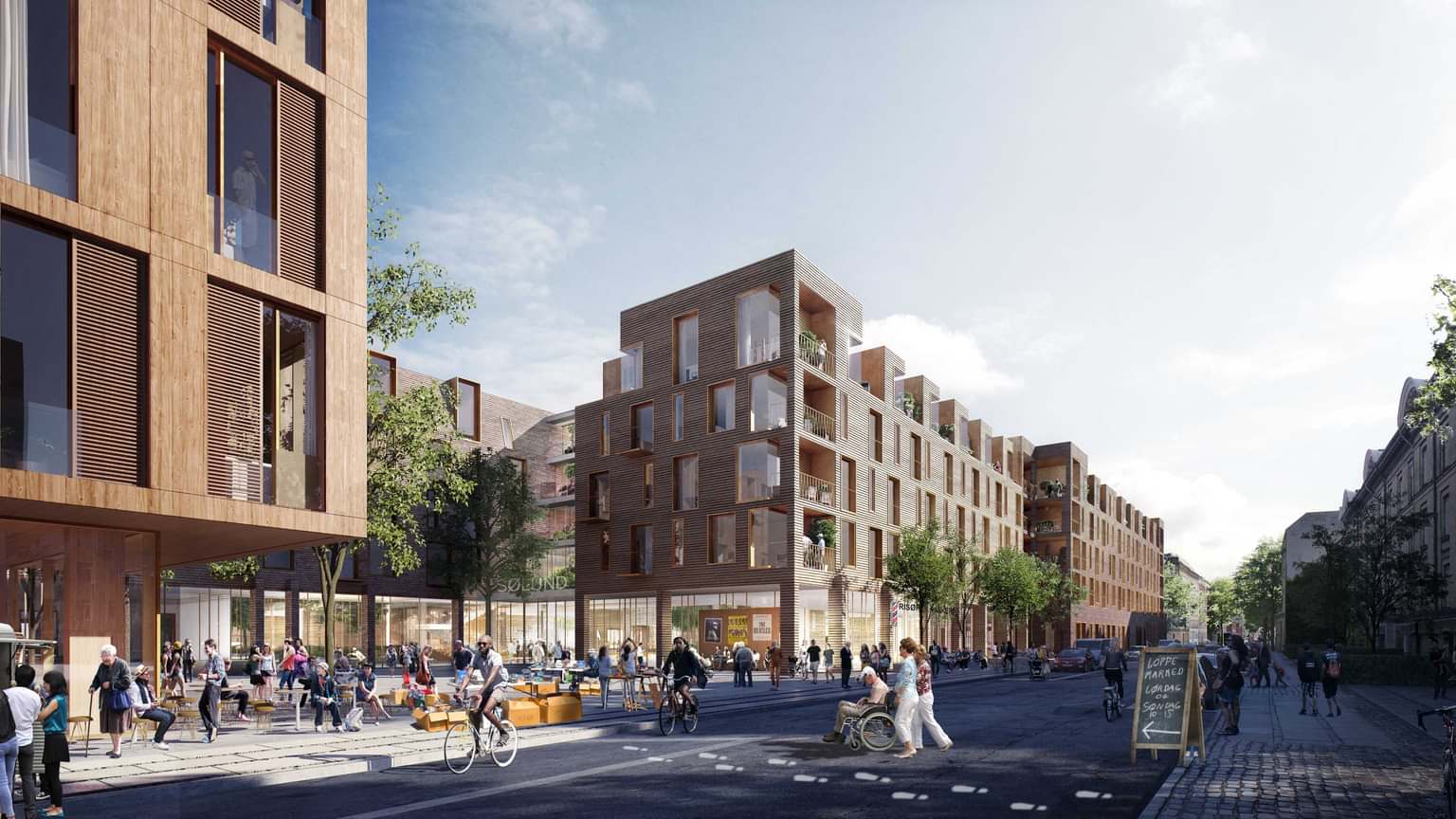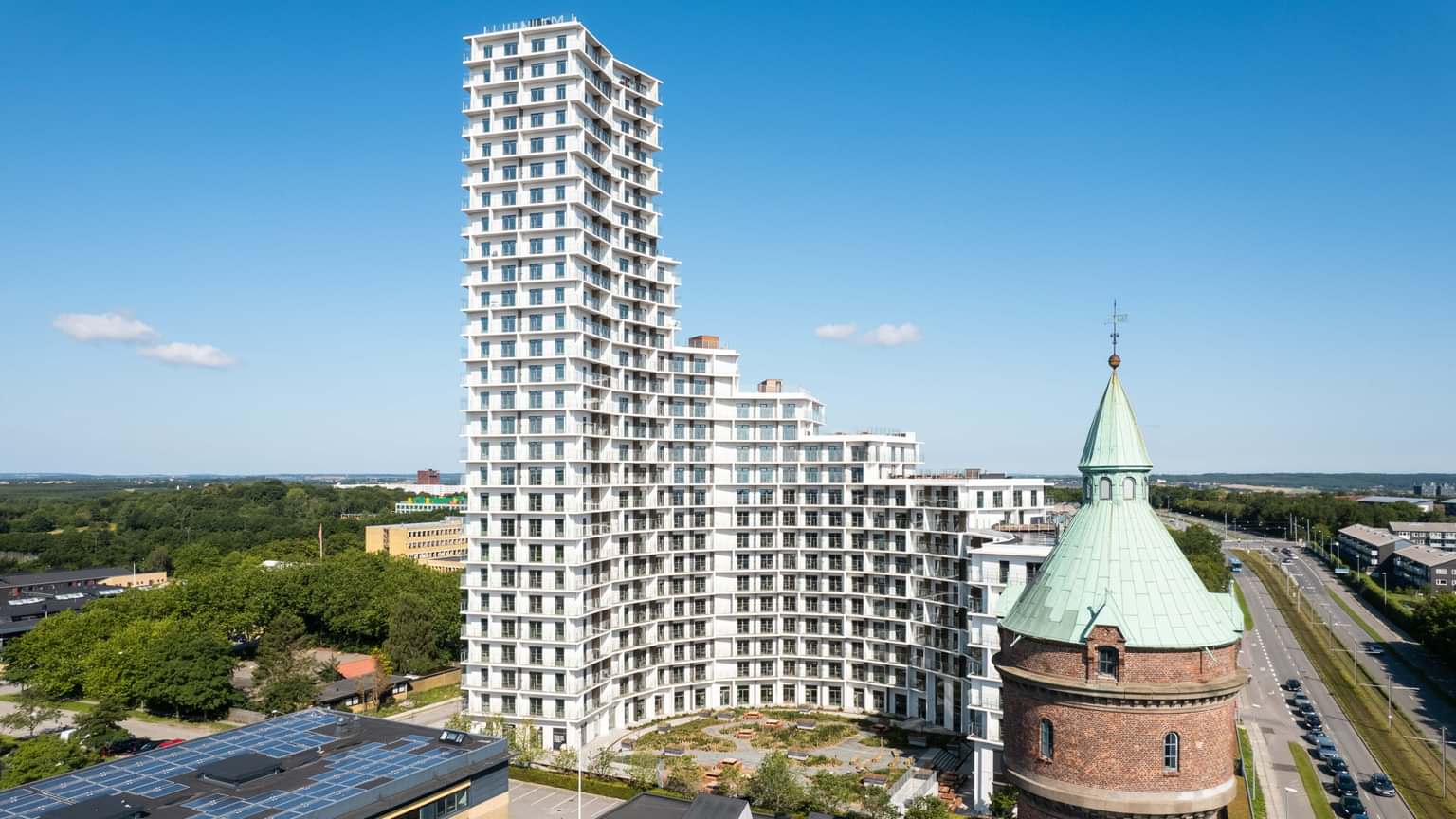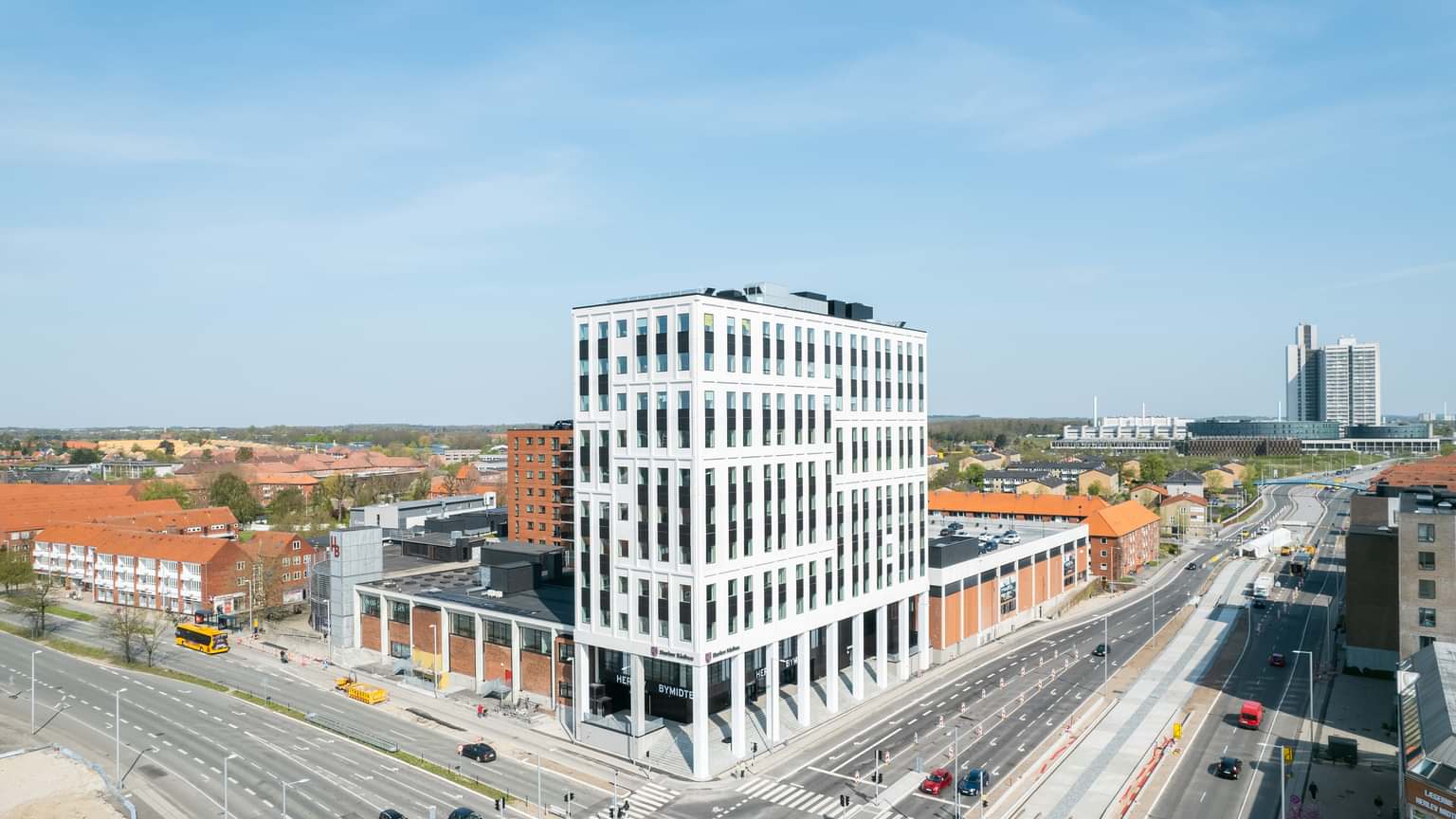Employment and Education

Nordstern aspires to become a more diverse and inclusive company to reflect the diversity of the society around us and attract the most competent employees no matter their gender or other diversity factors. To do so, we must be inclusive and an attractive workplace for everyone.
Education and development of employees
Nordstern are dedicated to training the next generation and contributing to their employment.
We do this by:
- Offer our employees courses taught by either internal or external specialists. The courses are free of charge for the employees and incorporated into our career development program.
- Inviting selected employees to join our internal multi-stage management education.
Interns
Nordstern is dedicated to educating the next generation and contributing to their employment. One means to achieve this is to employ interns on our projects across the country. In 2024, we had 60 interns, and we are working towards a goal of 70 interns per year from 2025 onwards.
The traineeships will help young people gain valuable skills and knowledge needed for a job in the construction industry.
The benefit to Nordstern is that we can recruit new talent who will ensure the continued growth of our organization.
Diversity
Historically, the construction industry has been a male-dominated industry, and many specialist fields have been considered to be only for men. However, this is slowly changing, and at Nordstern, we are aware of the challenges that remain in the area. We want to be part of the solution that promotes equality and diversity and therefore actively strive to attract more qualified employees – regardless of their ethnic background, gender, sexual orientation, disability, religion or age.
In 2024, 16% of Nordstern’s employees were women. Most female employees work in office-based functions in the legal, human resource, finance, and communications departments.
By year-end, 6% of managers (defined as the executive management and managers reporting to executive management) were female. There are no women on the Board of Directors.
By 2027, we aspire to have at least 25% female representation in management, whereas there are no set target figures for women on the Board, as there are only two members. The increase in female representation must me secured through recruitment processes.
In 2024, we developed a more detailed diversity policy to supplement our existing non-harassment policy. While the policy details were finalized by year-end, implementation will take place in 2025. This diversity policy goes beyond gender and addresses other aspects such as age, nationality, ethnicity, sexual orientation, and anti-discrimination measures.


